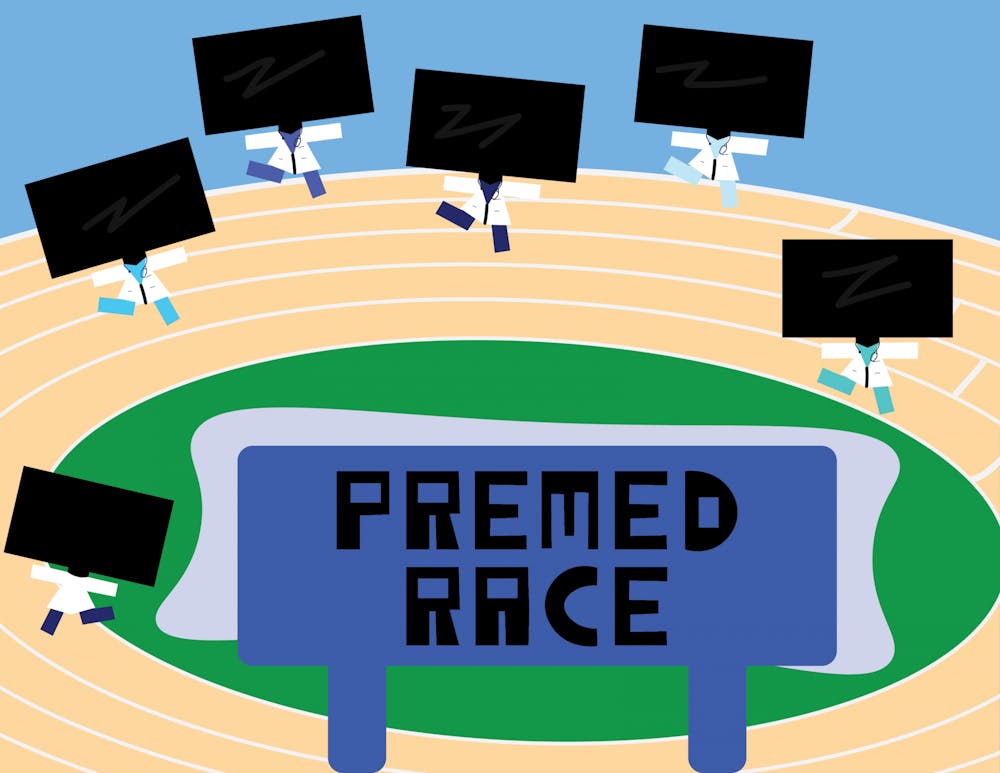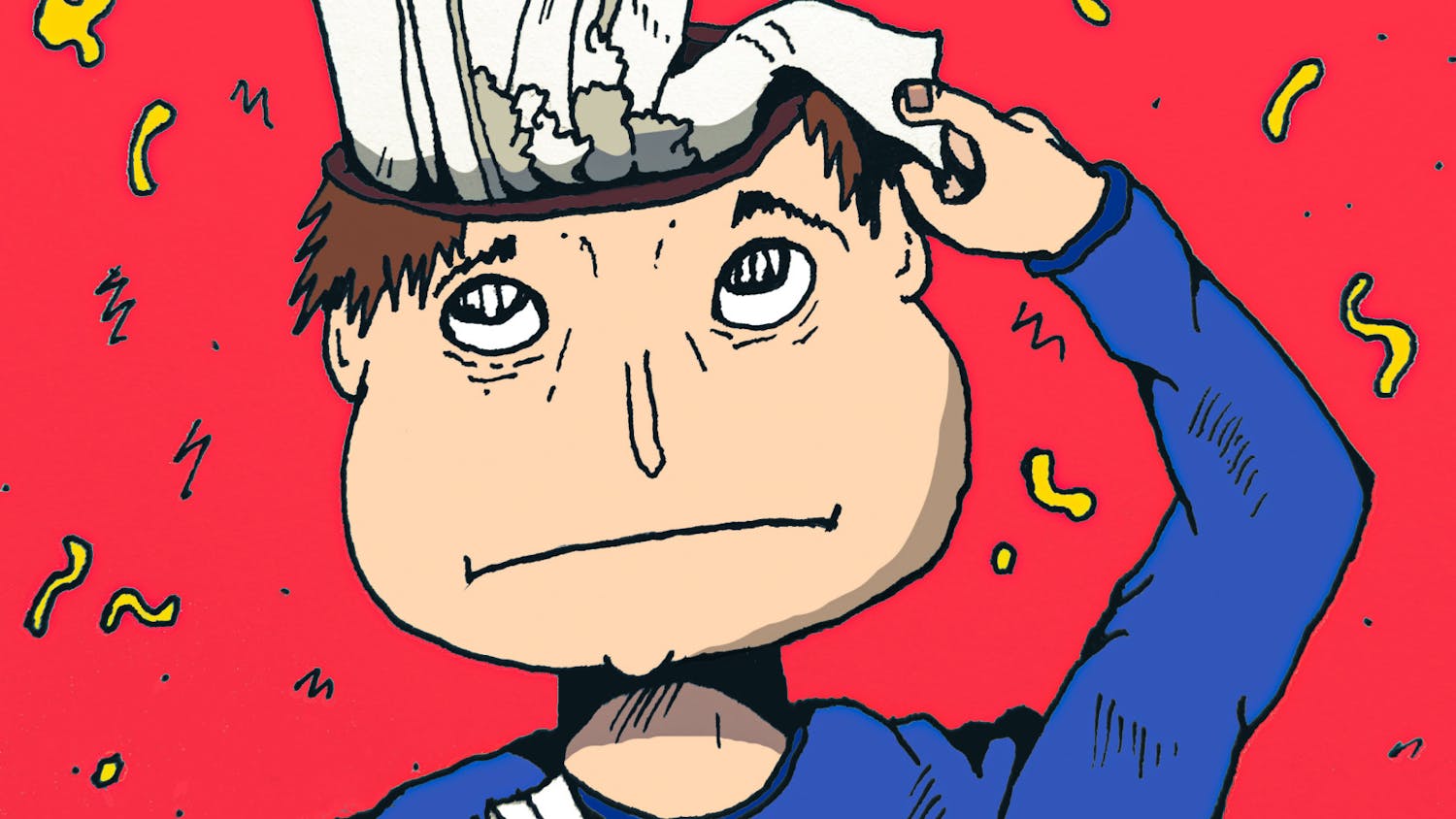College is a race, and for many, the finish line feels painfully far away. After a long day of intense lectures and exhaustive study sessions, students across campus are left feeling anxious, unengaged and unmotivated.
According to the American College Health Association, 49.4% of college students report feeling moderate stress, while 30% report high levels of stress. An overwhelming majority of students are left feeling burnt out.
Deborah Swegan, a senior studying biological sciences on the pre-professional track, is in the process of currently applying to medical school.
Swegan notes the stress of balancing school work while attempting to create an impressive application that includes volunteer work, clinical experience, research, leadership opportunities and a good academic standing.
During her time at Ohio University, Swegan said has missed out on experiences with friends because of the intensity and competitiveness of her major.
“There can be a lot of burnout that happens as a pre medical student,” said Swegan. “My friends have personally seen that. I have to skip out on going out with them or just going out and enjoying going to a football game or basketball games.”
Swegan explained that professors within the program seldom coordinate exams.
“You'll have a big chem exam and a big bio(logy) exam on the same day,” said Swegan. “So it doesn't really seem like they coordinate that at all.”
Emma Myers, a junior studying biological sciences on the pre-PA track, has had similar experiences to Swegan.
“My Monday through Thursdays are crazy,” said Myers, “ I just have to put my head down and go for Monday through Thursday. But the second that I'm free on Thursday and the second that I get some time on Friday, I do whatever the heck I want.”
Myers explains that some professors have a difficult time understanding the impact course work has on mental well-being.
“I've also had very difficult experiences with professors that try to say that mental health is taboo, and we're going to ignore it, and it's a grind because you're pre-med and it's going to suck and you're just going to have to get over it,” said Myers.
Despite the demanding nature of their work, Myers and Swegan both note OU has fostered a supportive community for students pursuing a career in health care.
Swegan explains that there are many resources on campus to help students navigate the process of getting into medical school.
Myers highlighted a faculty member who has helped her significantly over the past few years: Laura Saltman, a professor of microbiology.
“(Saltman) sits with me for like 45 minutes to an hour,” said Myers. “She made sure to check-in on me, and to make sure that I was doing OK, ... physically, mentally and academically.”
With so much pressure to achieve excellence in pre-med related programs, Saltman encourages students to take advantage of the resources OU provides.
“There are a lot of students who are really good about reaching out and getting those resources, and there are a lot of students who either don’t know about it or they’re very hesitant to do it,” said Saltman.
As difficult as it may be to reach out, Saltman explained that professors like herself care about the wellbeing, success and achievement of their students.
“Students really should avail themselves to encourage their success,” said Saltman. “They say ‘I can do this on my own’ and especially with mental health issues … not just students, people – we need help.”
In the metaphorical race of college, students are encouraged to make pit stops.
“You're not going to be able to always have all spots checked on an application and that's OK,” said Swegan. “Medical schools understand that you're still a human, that you still need to go out and enjoy life and take time for yourself.”






